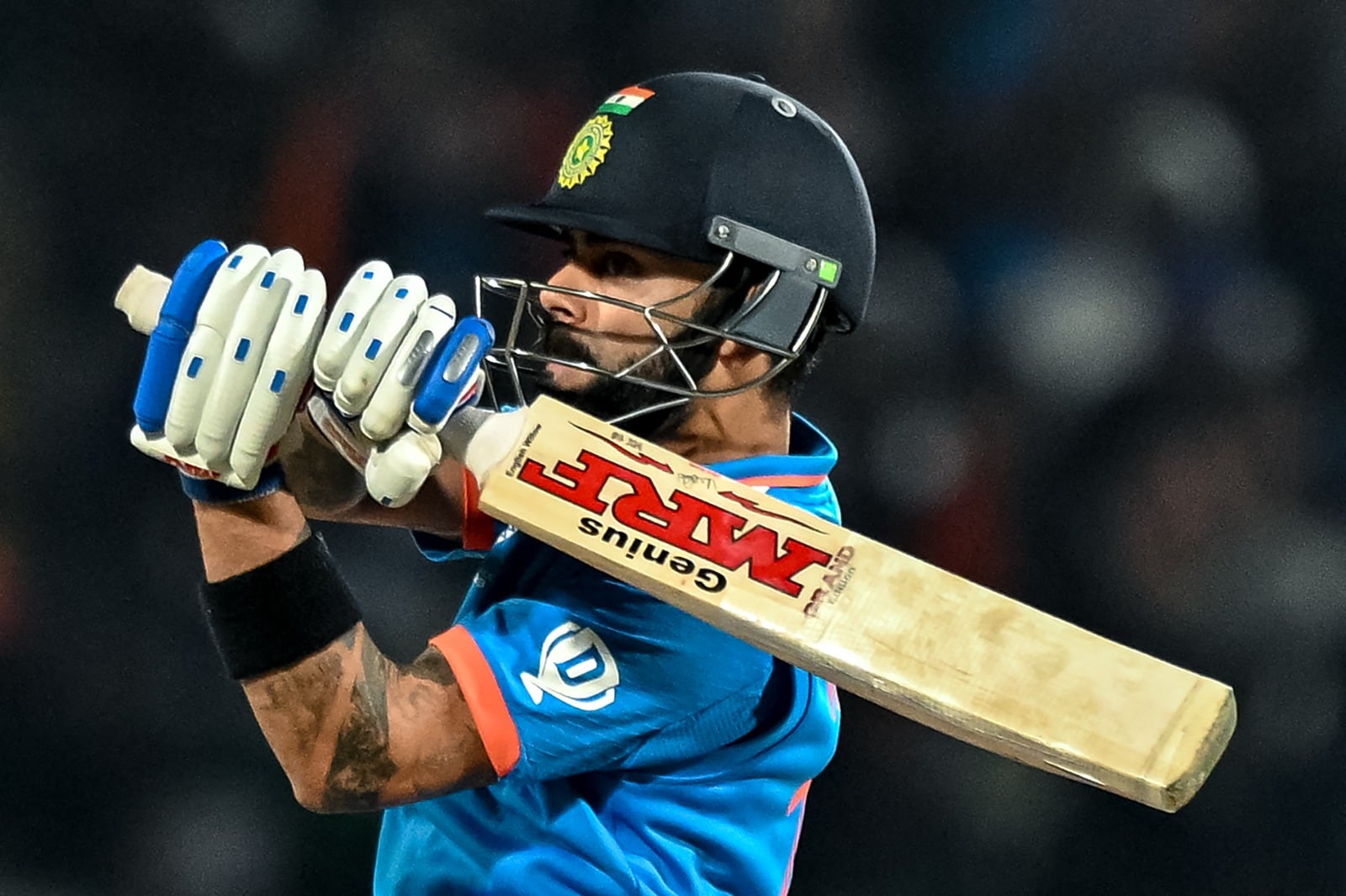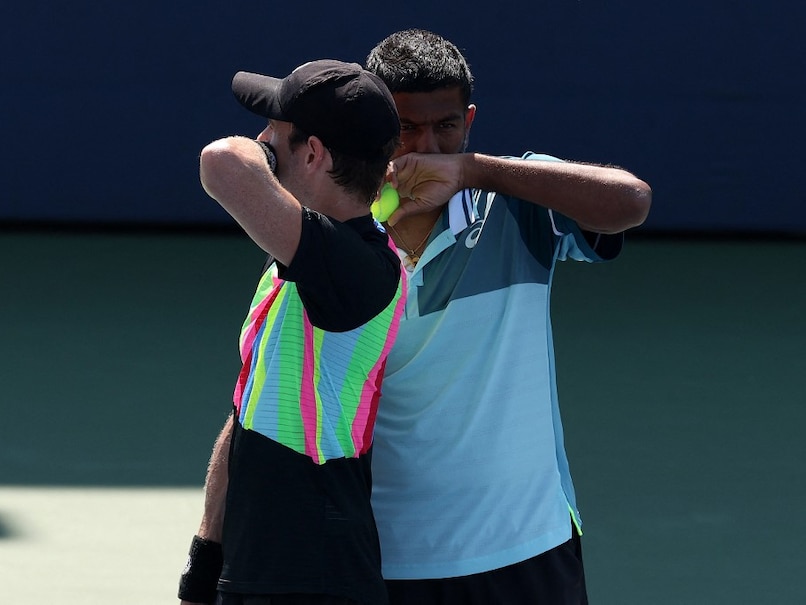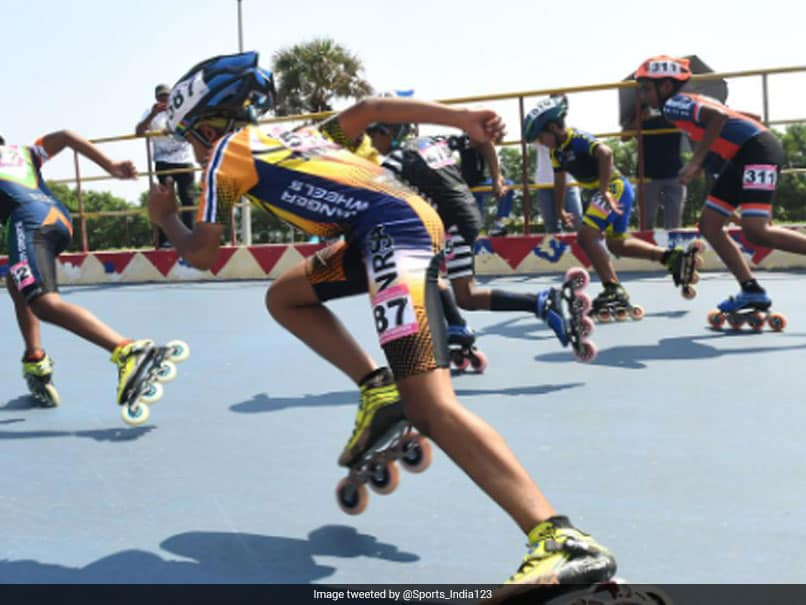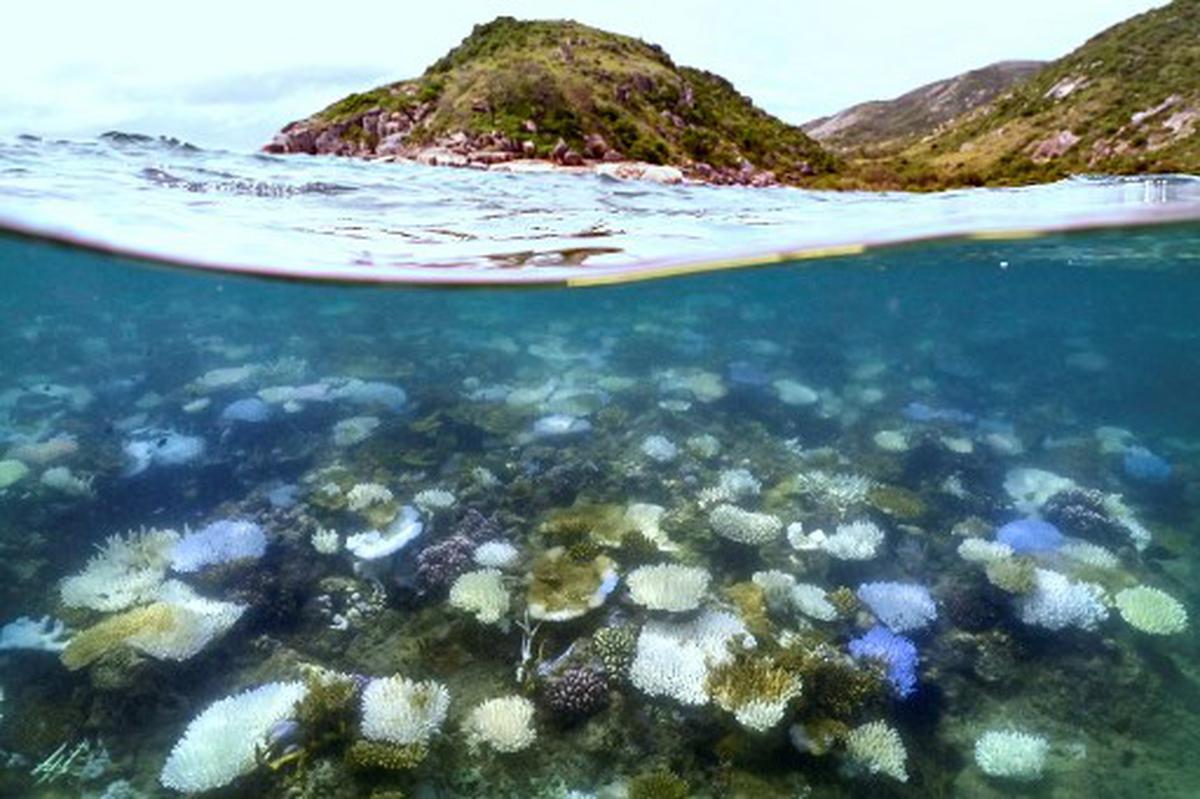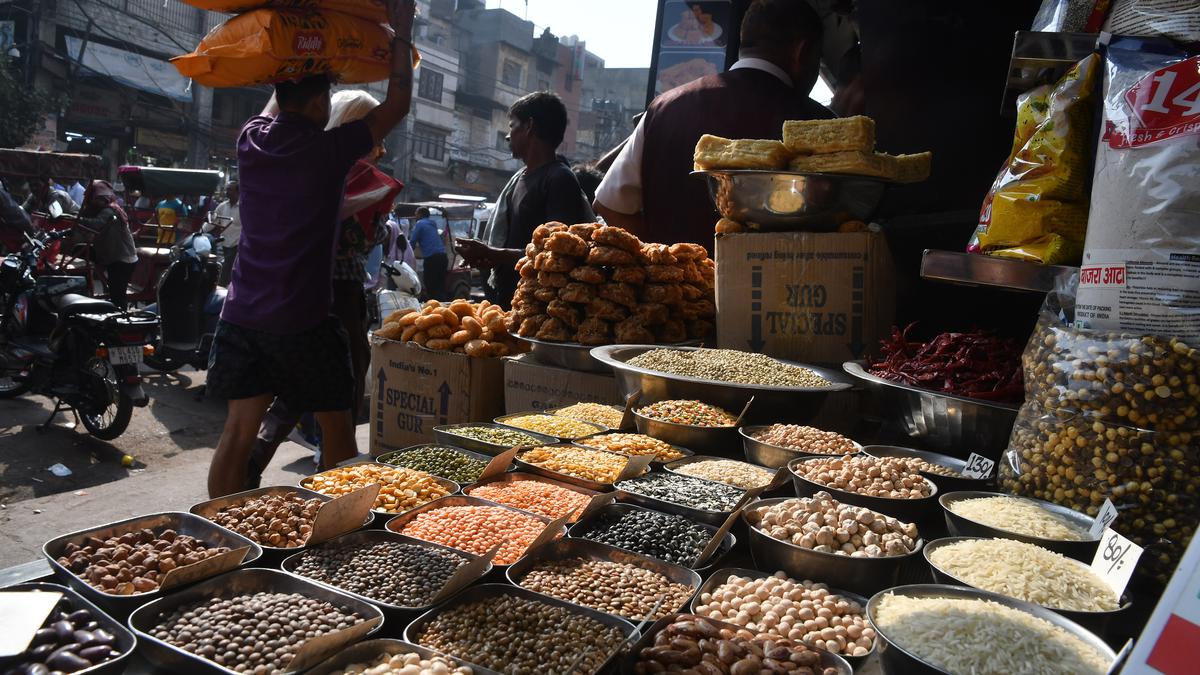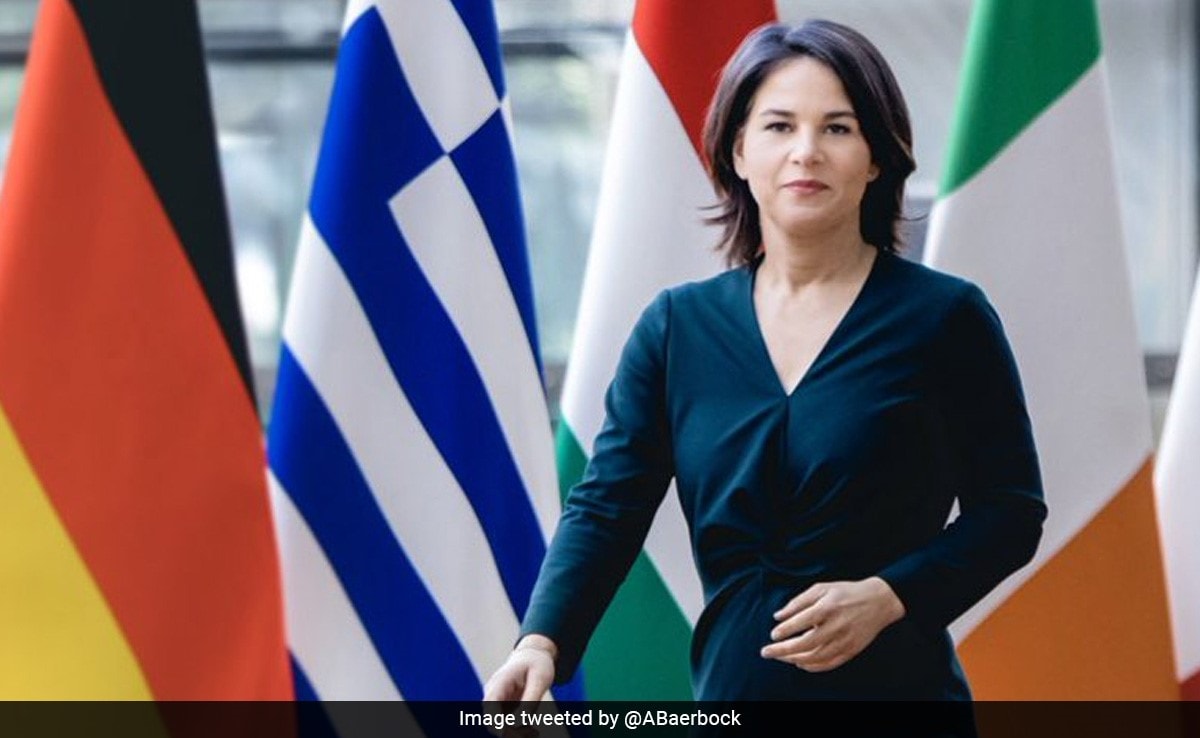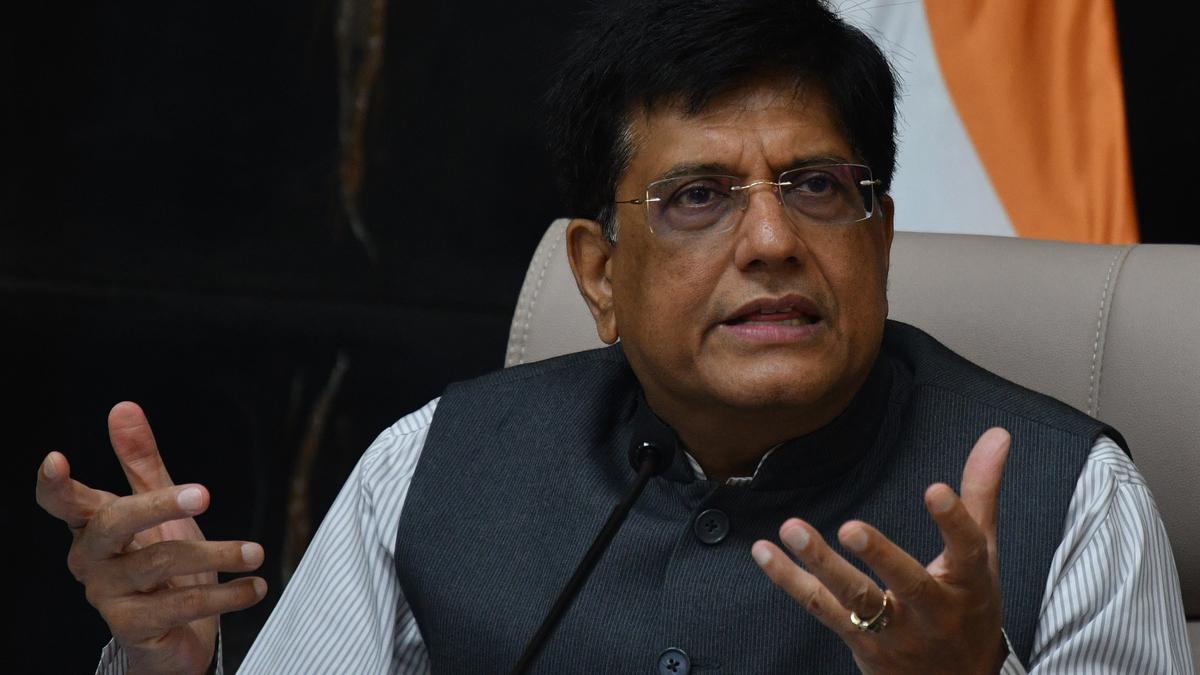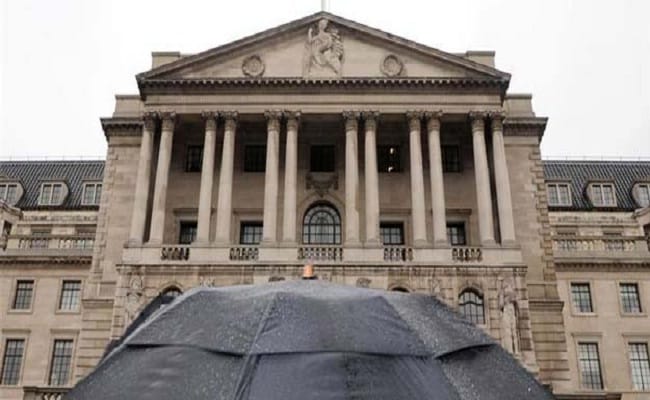J Raju with donkeys at the Aindhinai Farmer Producer Company farm.
| Photo Credit: SPECIAL ARRANGEMENT
J Raju, an advocate-turned-agricultural entrepreneur has an unusual enterprise. His Aindhinai Farmer Producer Company (AFPC), in Soriyampatti, a village in Tiruchi district, is working to conserve the dwindling population of donkeys while making the husbandry of these animals a rural money-spinner.
The rapid spread of mechanisation and road networks in India has slowly cut down on the donkey’s utility as a beast of burden. A recent census indicated that there were only 1,428 donkeys in Tamil Nadu in comparison to 9,183 donkeys in 2012.
Raju says the time is right to bring donkeys back into the limelight. “They are often the butt ofjokes. But in reality, they can be a jackpot for farmers, their milk and other by-products have a premium market value.”
Vendors like him now offer donkey milk, aromatic donkey ‘sambrani’ (incense), and donkey milk soaps.
Sturdy survivor
Raju’s AFPC sells these products on its website. Donkey milk, high in fat, is emerging as a best-seller in the global beauty industry. A litre of donkey milk costs a whopping ₹3,000.
“Since a donkey produces only around half a litre of milk per day (compared to cows that can give up to 30 litres), they cannot be used like milch animals on a small scale. So donkey farmers have to find other ways to add value,” says Raju, who regularly uploads online videos about life with his four-legged companions. He currently has a farm with a herd of 38 local breeds and says it is easier to rear this animal than any other cattle.
Donkey milk plays a prominent role in the production of cosmetics like soaps and balms, making it a sought after industrial raw material.
An online search for donkey milk cosmetics turns up bath creams and moisturisers made with ‘lait d’anesse’ from across the world. Cleopatra is thought to owe her legendary beauty to bathing in sour donkey milk; but would she have minded paying upwards of ₹500 per bar of donkey milk soap?
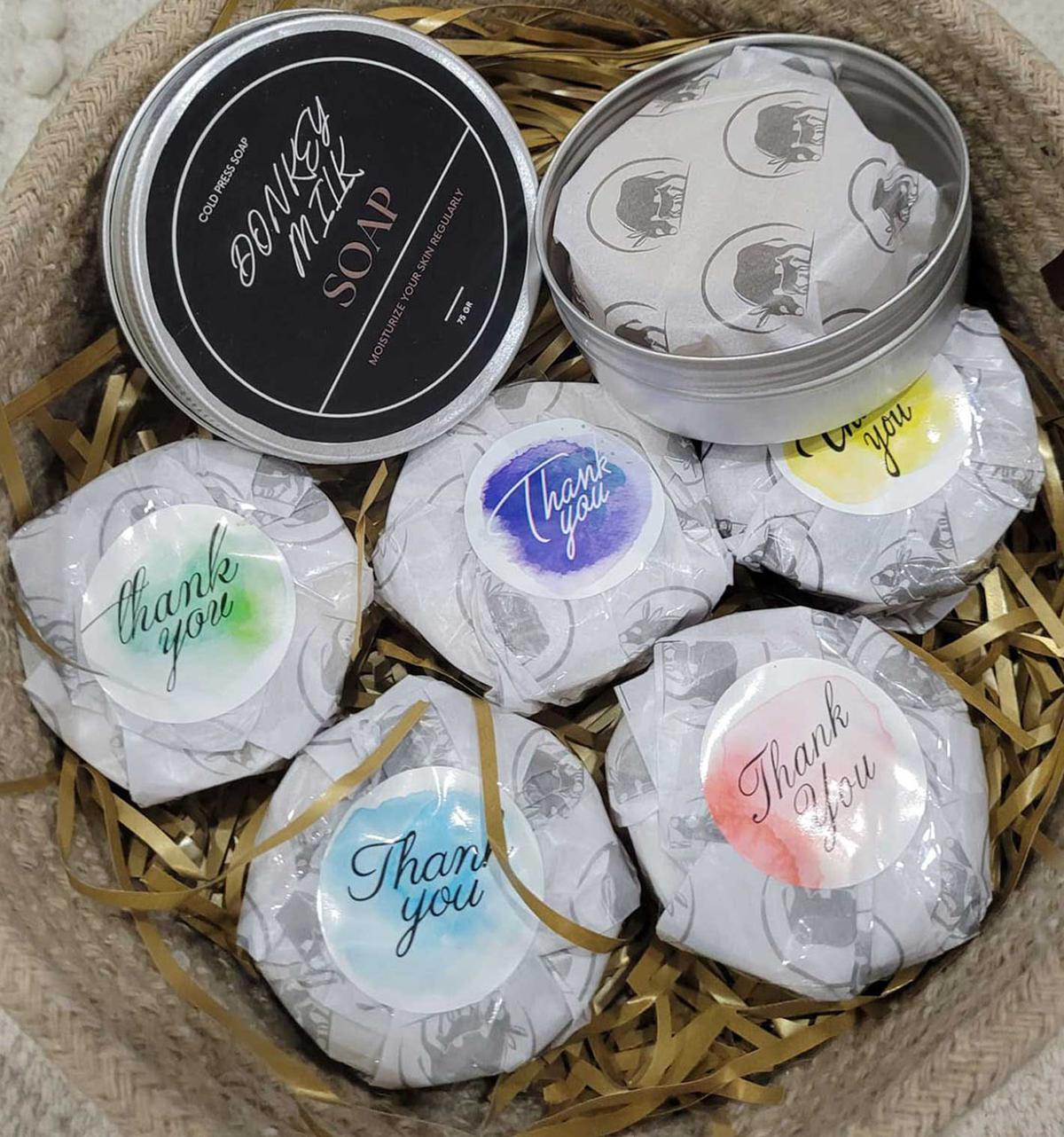
Soaps made with donkey milk extract.
| Photo Credit:
SPECIAL ARRANGEMENT
Business savvy needed
Farms dedicated to rearing the animal are growing in number in Tiruchi district, thanks to a conservation programme run by the Tamil Nadu Veterinary and Animal Sciences University (TANUVAS).
“The donkey is considered to be auspicious in some communities. People have often hired donkeys from me to simply graze their lands for ‘good luck’. You also have framed photographs of donkeys that are venerated in shops and homes. We need to find a middle ground to utilise the animal while keeping it from fading away,” says K Naveen, a farmer and the State president of the Donkey Growers’ Association, based out of Thuraiyur.
Naveen, who also runs an experiential training and learning centre, besides a petting zoo and animal rescue shelter, started out with just one abandoned donkey in 2016. Today he maintains a herd of 18 animals, and has bred and sold over 100 donkey foals in the interim.
Naveen says that though donkeys are easy to rear, farmers cannot monetise their stock quickly. “A couple (male and female) of donkeys costs between ₹30,000 to ₹45,000. You get a donkey foal once in 13 months, which could fetch up to ₹20,000. But you cannot trade in them locally because there is no central donkey market, except in Gujarat. So farmers need to network well in order to avoid losses,” he says.
Naveen runs annual training workshops for donkey farmers. “One needs a bigger outlay of funds to run a professional operation, and also greater visibility. The successful donkey farms of today are reaching out to the public through social media and technology,” says Naveen.
K. Naveen with a newborn donkey foal at his farm in Thuraiyur.
| Photo Credit:
SPECIAL ARRANGEMENT
Raju is planning to develop ‘donkey therapy’ and hopes to launch day-trips with meditation and petting sessions at the AFPC farm. “I want people to come and de-stress by spending some time with our donkeys. They are affectionate animals, and we can find peace just by hugging them,” he says.

